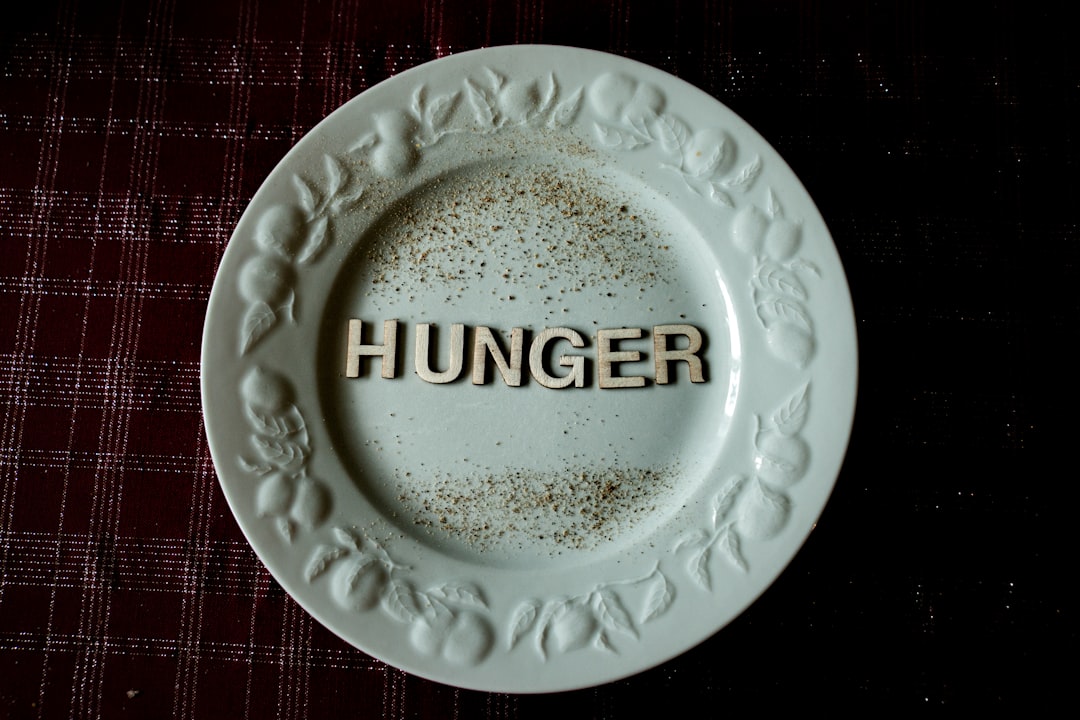What is it about?
The social contract, as the basis of the relations between rulers and populations in the Maghreb region, is highly contested especially since 2011. However, the rural dimension of this phenomenon remains yet under researched. Building on related emerging critical studies, this paper coins the term of a ‘rural social contract’ and analyses what it embodies. It highlights how the unequal ownership and use of water and land resources contribute to the marginalization of the large majority of rural populations and to their growing discontent. The article argues that three trends currently contribute to the re-articulation of the social contract in rural areas. Firstly, overexploitation and climate change lead to a severe degradation of water and land resources which challenges the established patterns of use and redistribution of these resources. Secondly, agricultural policies focusing on export production and on large entrepreneurs lead to further marginalization of small farmers. Thirdly, the emergence of new rural actors challenge the established social relationships. On the basis of this analysis, the article frames the major challenges, dynamics and characteristic of a newly emerging rural social contract in the Maghreb.
Featured Image

Photo by Wynand Uys on Unsplash
Why is it important?
Understanding the uprisings in the context of the 'Arab Spring' needs an improved understanding of how water and land resources shape power relations and the relation between central regimes and rural elites. In Morocco and elsewhere, liberal agricultural policies and changing elite networks have impacted how the regime relies on rural elites to support them in the countryside. The presumed stability in the Maghreb before 2011 was based on a so-called ‘social contract,’ or an implicit agreement between rulers and populations. The population expected their rulers to redistribute the gains from exploiting natural resources or from other economic activities and promote socio-economic development. In exchange, rulers expected their populations to be loyal in a context of very limited (if at all) democratic governance, strong elite capture, fear and coercion. While revenues from oil and gas exploitation secured the economic basis of this social contract in many states of the Middle East and Northern Africa (mena), the Maghreb states – with the exception of Algeria – instead relied on benefits from other economic activities such as agriculture. The inability to continue to fulfill the terms of this social contract due to significant economic restrictions and rising popular discontent, combined with severe governance deficits in terms of social justice and economic development, are considered to be major causes of the so-called ‘Arab Spring.’
Perspectives
This article is based on my research in Morocco since 2005 and was a great opportunity to follow up on the fascinating links between land, water and power in the country. Water flows are power flows - and access and distribution to water and arable land is a governance tool from the center to the periphery and back. Giving access to water and land is also part of the soical contract - as much as it has been the source of legitimacy in postcolonial times, it is nowadays under great pressure due to resource overuse. environmental change and agricultural liberalization. Looking at these development helps understanding the rural roots of the 'Arab uprising', and why much more than jobs is needed to establish a new, more egalitarian social contract.
Annabelle Houdret
German Development Institute/ Deutsches Institut für Entwicklugnspolitik (DIE)
Read the Original
This page is a summary of: A New Rural Social Contract for the Maghreb? The Political Economy of Access to Water, Land and Rural Development, Middle East Law and Governance, June 2017, Brill,
DOI: 10.1163/18763375-00901003.
You can read the full text:
Resources
Contributors
The following have contributed to this page










